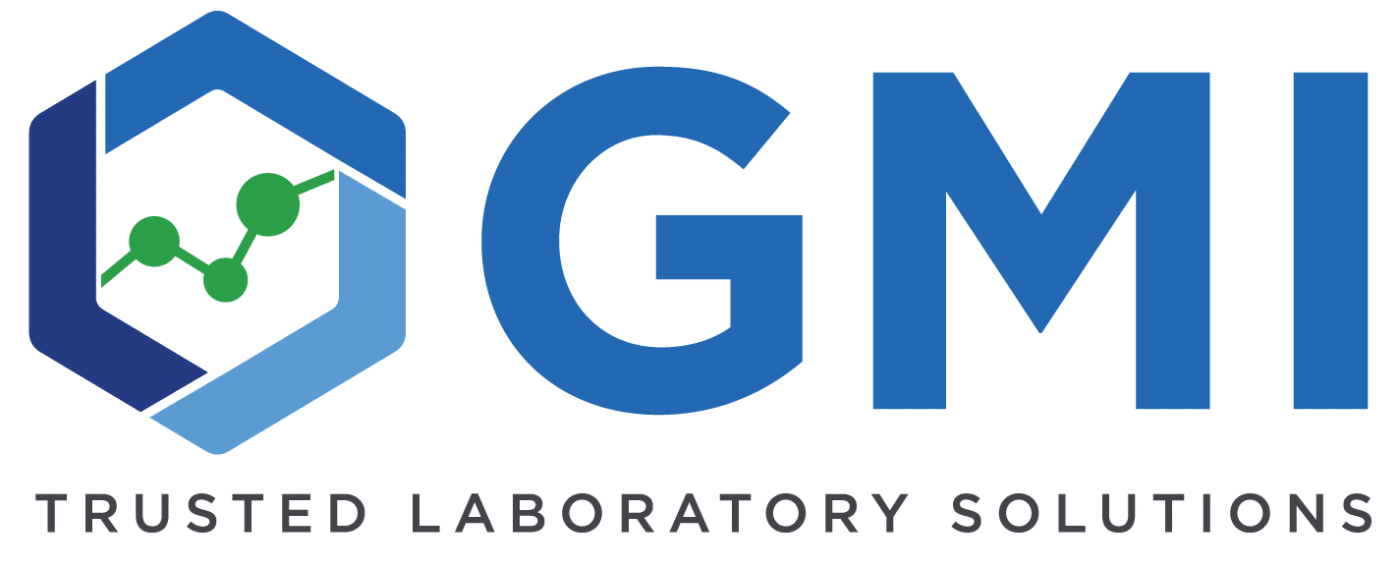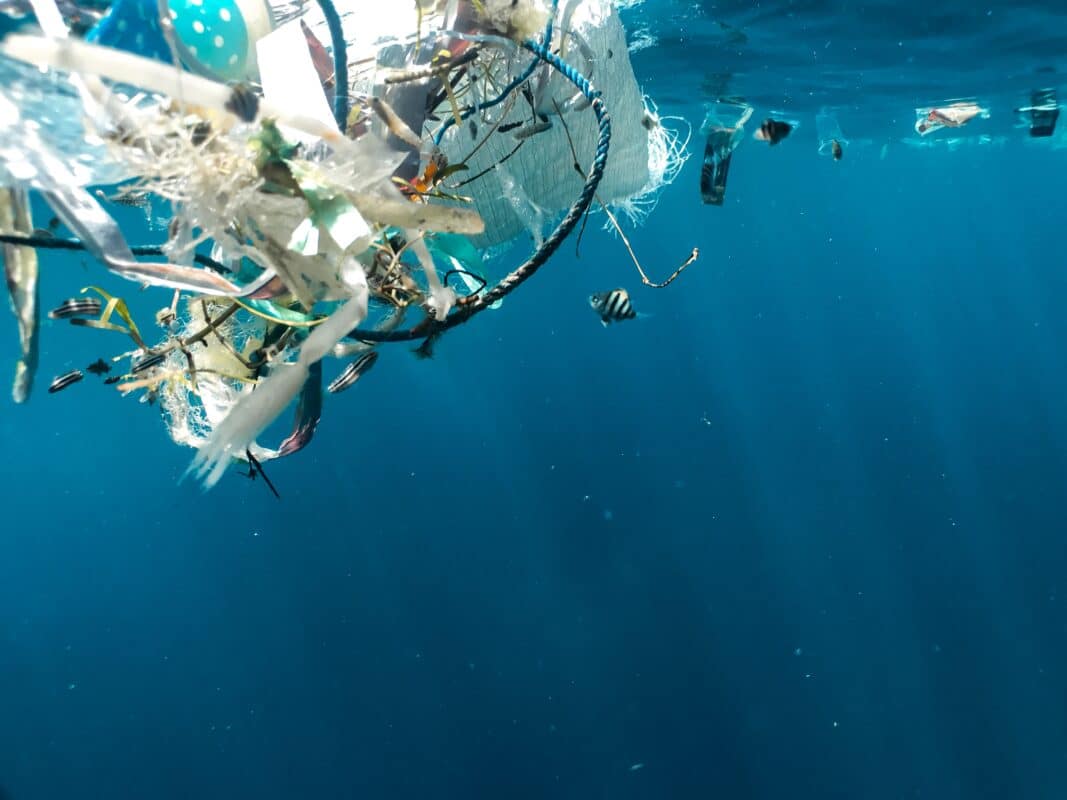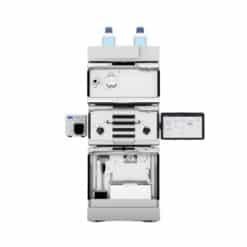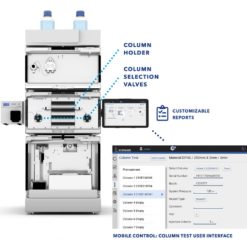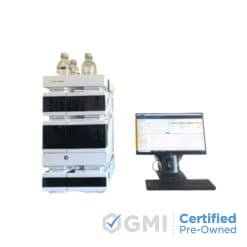HPLC, Chromatography
Harnessing the Power of HPLC in Environmental Testing
Introduction
In the realm of environmental testing, precision and accuracy are paramount. As industries and regulatory bodies strive to monitor and mitigate the impact of human activities on the environment, advanced analytical techniques play a crucial role in ensuring reliable data. High-Performance Liquid Chromatography (HPLC) has emerged as a cornerstone technology in environmental testing, offering unparalleled capabilities in separating and quantifying complex mixtures. In this blog post, we delve into the significance of HPLC in environmental analysis and explore how GMI is at the forefront of providing cutting-edge solutions.
contact gmi to learn moreUnderstanding HPLC in Environmental Testing
HPLC is a versatile chromatographic technique that facilitates the separation of compounds in a liquid medium. This method is particularly well-suited for environmental testing because it handles a wide range of sample matrices, from water and soil to air and sediments. The principles of HPLC involve using a high-pressure pump to deliver a liquid solvent through a column packed with a stationary phase. The analytes in the sample interact with the stationary phase, leading to their separation based on various physicochemical properties.
Applications of HPLC in Environmental Analysis
- Pesticide Residue Analysis:
-
- HPLC is instrumental in detecting and quantifying pesticide residues in environmental samples. GMI’s state-of-the-art HPLC systems have advanced detectors, such as UV-Vis and mass spectrometry, ensuring high sensitivity and selectivity in pesticide analysis.
- Water Quality Monitoring:
-
- Monitoring water quality is critical for safeguarding aquatic ecosystems and public health. HPLC enables the analysis of contaminants such as heavy metals, organic pollutants, and pharmaceuticals in water samples with exceptional accuracy.
- Air Quality Assessment:
-
- HPLC analyzes air pollutants, including volatile organic compounds (VOCs) and particulate matter. GMI’s HPLC solutions contribute to comprehensive air quality assessments, supporting regulatory compliance efforts.
GMI’s Contribution to Environmental Testing
GMI stands at the forefront of providing cutting-edge HPLC solutions for environmental testing. With a commitment to quality and innovation, GMI’s portfolio of HPLC instruments caters to the diverse needs of environmental laboratories. Whether routine monitoring or research-driven analyses, GMI’s HPLC systems deliver robust performance and reliability.
Key Features of GMI’s HPLC Systems
- High Sensitivity Detectors:
-
- GMI’s HPLC instruments are equipped with advanced detectors to ensure the accurate detection of trace-level analytes, enhancing the sensitivity of environmental analyses.
- User-Friendly Software:
-
- GMI prioritizes user experience with intuitive software interfaces, simplifying method development, data analysis, and instrument control for environmental testing applications.
- Customized Solutions:
-
- Recognizing the diverse nature of environmental samples, GMI offers customizable HPLC solutions tailored to the specific requirements of different laboratories and applications.
Conclusion
In environmental testing, HPLC stands as a powerful tool, and GMI is dedicated to providing cutting-edge solutions that empower laboratories to meet the challenges of modern environmental analysis. As industries and regulatory bodies continue to prioritize environmental sustainability, the role of HPLC in delivering accurate and reliable data is more crucial than ever. With GMI’s commitment to excellence, laboratories can trust in the capabilities of advanced HPLC technology to contribute to a healthier and more sustainable future.
shop gmi certfied pre-owned hplc systems